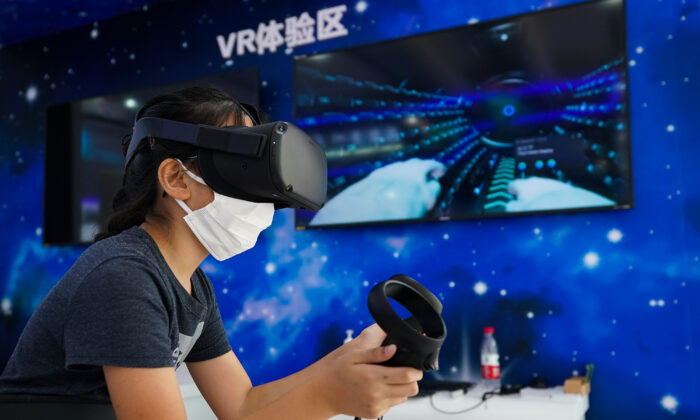The metaverse, a virtual world where people can interact with each other in a fully immersive way, could become a massive economic force, according to a commissioned study by Meta (former Facebook). The study estimates that by 2035, the metaverse could contribute to 2,4% of the US economy (around $750 billion) creating new jobs and generating trillions of dollars in revenue.
The metaverse could transform various industries, including entertainment, education, and retail, offering new ways for businesses to reach customers and creating new job opportunities for creators, developers, and engineers. It could also change the way people work, socialise, and consume content, creating a new era of virtual experiences.
However, the report also acknowledges the potential risks of the metaverse, such as privacy concerns, security risks, and the possibility of widening social inequalities. It calls for a collaborative effort between industry, government, and civil society to ensure that the metaverse is developed in a responsible and inclusive way. Overall, the study suggests that the metaverse has the potential to become a significant economic force in the near future, but it will require careful consideration and collaboration to ensure that it benefits everyone.




